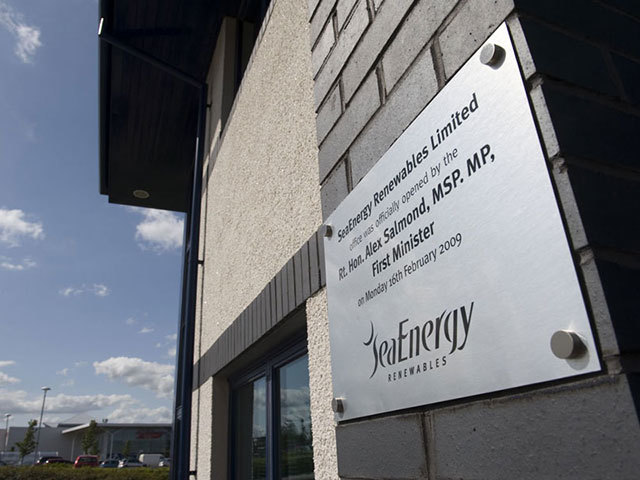
US oilman Stephen Remp said yesterday he was “deeply saddened” by the plight of SeaEnergy, the troubled north-east firm he used to lead.
He was speaking after the Westhill-based energy service company announced plans to sell its 3D visualisation business, a move that sent its shares tumbling 45%.
SeaEnergy said it was already in talks with a number of potential buyers for Return to Scene (R2S), which it bought for £5million in 2012.
The company also said it aimed to offload “other core assets” but did not go into further detail.
Chief executive John Aldersey-Williams declined to expand on information contained in a trading update from the firm.
Mr Remp, who founded Ramco, the oil and gas exploration business that became SeaEnergy, retained a large shareholding in the business after he stood down as chief executive in 2012.
Since then, he has looked on in horror as the value of his paper fortune dwindles.
Yesterday’s rout on the London exchange left SeaEnergy’s shares at 2p. In June 2011 the shares hit 69.5p.
Mr Remp’s spokeswoman said: “Steve is desperately saddened by what has happened to the company since his departure four years ago.
“Although he remains a large shareholder, he has seen this shareholding collapse in value. He has had no involvement with the company since he departed to start his own private investment vehicle.
“He spent his adult life building and nursing the company, with many ground-breaking achievements under his guidance and a dedicated and fantastic team.
“To say he is unhappy is an understatement.”
SeaEnergy, which employs 50 people, said its decision to sell R2S was driven by the crude price rout, which has dried up demand from its oil company clients.
Oil and gas firms use the 3D image technology to help plan maintenance activities on offshore installations, but the downturn has led to the deferral and cancellation of projects planned for early 2016.
R2S is also used by police forces to recreate crime scenes.
SeaEnergy’s board said the software had “positive” long-term prospects, but any short-term improvements would be impossible without a dramatic leap in oil prices.
It warned finding a buyer for R2S was not a foregone conclusion and it would look to secure extra funding if a sale fails to materialise.
The company also said a £1million working capital loan facility secured late last year had not helped trading following a slump in revenue to an expected £2.6million-£2.8million last year, from £7.4million in 2014.
If successful, the R2S sale would be classified as a “fundamental change of business” – a position SeaEnergy is familiar with.
Following the rebranding of Ramco as SeaEnergy in 2009, the firm turned its back on traditional oil and gas operations and repackaged itself as a renewable-energy specialist.
It then dumped that idea, saying it would instead focus on buying and building up energy service businesses. It is unclear what the latest move means for the company.
Recommended for you

